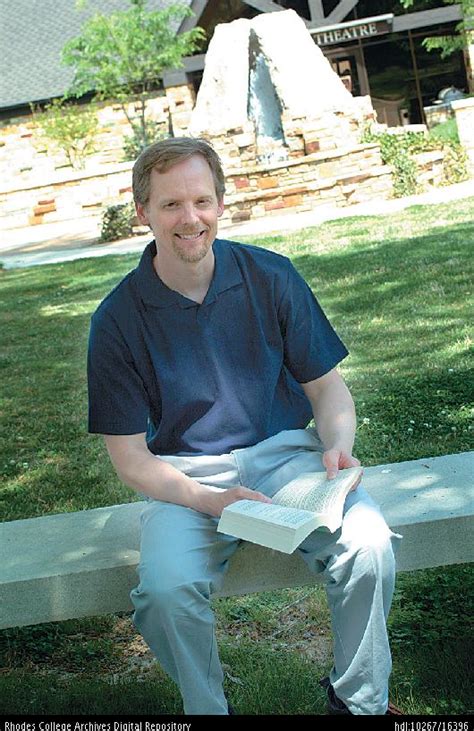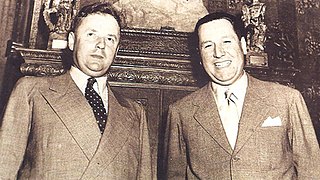A Quote by Amy Tan
I learned to make things not matter, to put a seal on my hopes and place them on a high shelf, out of reach. And by telling myself that there was nothing inside those hopes anyway, I avoided the wounds of deep disappointment. The pain was no worse than the quick sting of a booster shot. And yet thinking about this makes me ache again. How is it that as a child I knew I should have been loved more? Is everyone born with a bottomless emotional resevoir?
Quote Topics
About
Ache
Again
Anyway
Avoided
Been
Booster
Born
Child
Deep
Deep Disappointment
Disappointment
Emotional
Everyone
High
Hopes
How
Inside
Knew
Learned
Loved
Make
Makes
Matter
Me
More
Myself
Nothing
Out
Pain
Place
Put
Quick
Reach
Seal
Shelf
Shot
Should
Should Have
Should Have Been
Sting
Telling
Than
Them
Things
Thinking
Those
Worse
Wounds
Related Quotes
Making wishes on the elephant is emotionally dangerous, because inevitably one's hopes rise abnormally high, unhealthily high, and when the wish does not come true, one's high hopes get crushed more painfully than if one had not asked for the help of supernatural powers. Therefore, one should always try to make the wish casually and forget about it instantly after making it, which is what I try to do now.
We all are born with a certain package. We are who we are: where we were born, who we were born as, how we were raised. We're kind of stuck inside that person, and the purpose of civilization and growth is to be able to reach out and empathize a little bit with other people. And for me, the movies are like a machine that generates empathy. It lets you understand a little bit more about different hopes, aspirations, dreams and fears. It helps us to identify with the people who are sharing this journey with us.
It feels like everything's been decided in advance that I'm following a path somebody else has already mapped out for me. It doesn't matter how much I think things over, how much effort I put into it. In fact, the harder I try, the more I lose my sense of who I am. It's like my identity's an orbit that I've strayed far away from, and that really hurts. But more than that, it scares me. Just thinking about it makes me flinch.
The life of hope, then, is shot through with social influences at every level. We learn to formulate ideals in tandem with others. We pursue particular hopes, sometimes succeeding and sometimes failing, in the company of those we love. And as we develop habits of hope and the hopefulness which helps us weather our trials, we reach out to others, inspiring them, sharing our own hopes with them, and contributing our abilities as best we can to foster the growth of agency.
There are worse things than having behaved foolishly in public. There are worse things than these miniature betrayals, committed or endured or suspected; there are worse things than not being able to sleep for thinking about them. It is 5 a.m. All the worse things come stalking in and stand icily about the bed looking worse and worse and worse.
To be silent. In hopes of not offending, in hopes of being accepted. But what happened to people who never spoke, never raised their voices? Kept everything inside? Gamache knew what happened. Everything they swallowed, every word, thought, feeling rattled around inside, hollowing the person out. And into that chasm they stuffed their words, their rage.
We know, deep down inside, it's wrong! There's nothing you can say to ever make it right! Killing is killing, no matter how you slice it! And the ones doing all the killing should be locked up, and be forced to watch the world transform from, This evil place they've created, To the wonderful place we should be creating!
I started dealing with my emotional pain by writing. I always had been a writer, but just not songs. Saying things on paper that I would never, ever say, and saying things to myself, admitting things to myself, about myself and my personality, just putting it on paper, is how I deal with emotional pain.
I never know what to tell them. I mean, there's nothing you can say to make a person stop hurting. Half the time, I just feel like telling them the truth. I'd say that for 3 months, you're going to feel worse than you've ever felt and you cope as best you can. And that after 6 months, the pain isn't so bad, but it still hurts more than you think it will. And even after years, you still find yourself thinking about the person you lost and get sad about it. And you still miss them all the time.
And often the worst thing wasn't the victims--they were dead, after all, and beyond any more pain. The worst thing was those who loved them and survived them. Often the walking dead from now on, shell-shocked, hearts ruptured, stumbling through the remainder of their lives without anything left inside of them but blood and organs, impervious to pain, having learned nothing except that the worst things did, in fact, sometimes happen. (Mystic River)
I am not, in the ordinary acceptation of the term, a good-natured man; that is, many things annoy me besides what interferes with my own ease and interest. I hate a lie; a piece of injustice wounds me to the quick, though nothing but the report of it reach me. Therefore I have made many enemies and few friends; for the public know nothing of well-wishers, and keep a wary eye on those who would reform them.





































